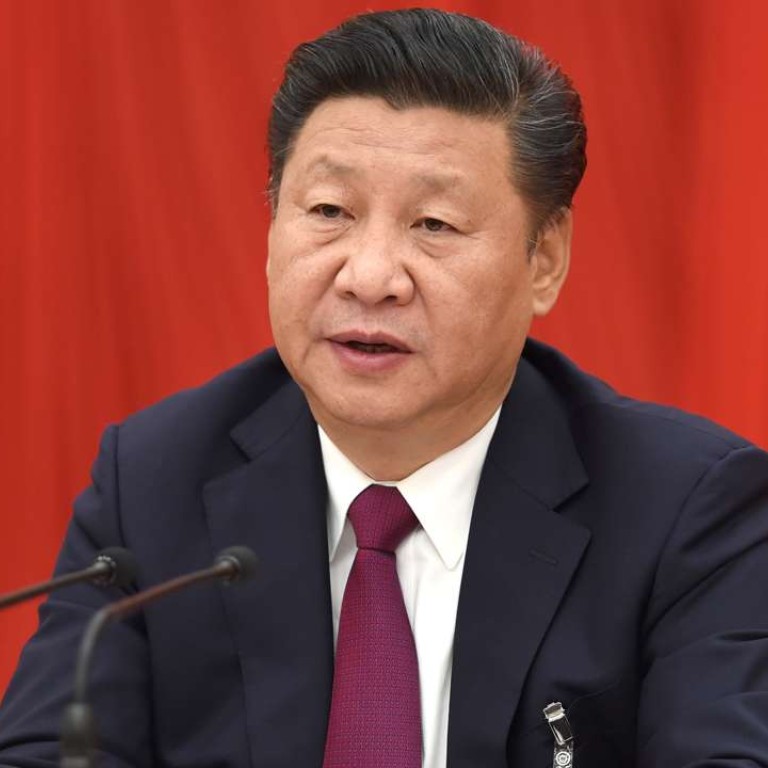
Call me comrade ... party requires members to resurrect Maoist term to signal equality
Outdated greeting seen by analysts as a distraction and unworkable in today’s world
A written guideline requiring Communist Party members to once again address each other as “comrade” is an outdated resurrection of Maoist rhetoric and unworkable in today’s world, analysts said.
In the latest guideline on cadres’ political conduct issued earlier this month, the Party brought back an old political etiquette that used to be closely associated with the country’s revolutionary period, when calling each other comrades created a sense of equality and closeness similar to that of siblings.
“All cadres should now greet each other as comrades within the Party,” the guideline states.
In modern times, however, such outdated greetings could lead to confusion, since the term comrade, or tongzhi in Chinese, is also used to refer to homosexuals.
Politically, analysts said, the revival of the term was just another sign of Xi’s continued push to centralise his authority.
“It’s a retreat to stressing faith in Communism, going back to Chairman Mao’s era of unified thinking and control,” said Zhang Lifan, a Beijing-based historian and political analyst. ‘Comrade’ means that Party members have the same faith and interests, so that’s a reinforcement of Communism.
“But we can’t simply go back to that period given the current age of diversity,” he said. “Only Lenin would use such greetings. Only those from secret societies would address each other that way. No modern political party would do this today.”
An article published on the Party’s website last week said that reviving the term comrade would “set things right from disorder”, in which cadres address each other by their titles or work relationships, such as “boss,” and “build an atmosphere of equality”.
Good intentions aside, that was much easier said than done, said Chen Daoyin, an associate professor at the Shanghai University of Political Science and Law, and the strict hierarchy within the Party meant treating all Party members as equal was simply false.
“Frankly speaking, it’s an ideal, but not doable in reality,” Chen said.
“We still haven’t broken away from the way we treat each other based on social status and authority. That’s because there is little democracy in our society. As an ordinary Communist Party member, you cannot decide the Party leaders’ comings and goings, and are also subordinate to your own bosses.”
Chen said the real purpose of bringing back such titles was to divert attention from the Party’s centralization of power by giving Xi the title of “core” leader, which was implied in a guideline and regulations released after the party’s central committee sixth annual plenum late last month.
In the 1960s, Mao Zedong obscured the gap between senior Party cadres and ordinary solders by abolishing military rankings in the People’s Liberation Army. However, that brought chaos during the Sino-Vietnamese war in 1979 because soldiers didn’t know who to obey.
Deng Xiaoping reinstated the military ranking system in 1988.
“The decision makers don’t pay attention to history, neither do they learn from historical lessons,” Zhang said. “They use the kind of thinking that raised them to explain this largely different world today. They lag so far behind, that’s why there is so much strange stuff. It looks like an absurd farce of looking back.”
..

